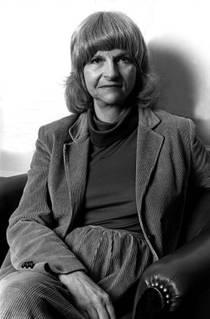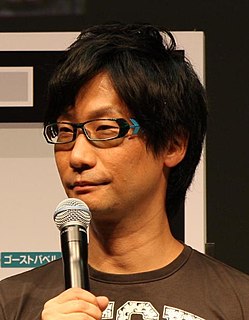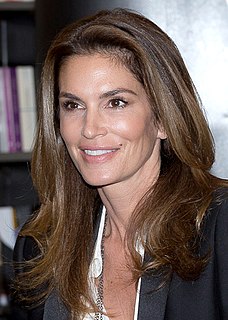A Quote by Alison Lurie
Most of the great works of juvenile literature are subversive in one way or another: they express ideas and emotions not generally approved of or even recognized at the time; they make fun of honored figures and piously held beliefs; and they view social pretenses with clear-eyed directness, remarking - as in Andersen's famous tale - that the emperor has no clothes.
Related Quotes
Time and space are absolute. Diseases are evil spirits that inhabit the body. Parallel lines never meet. The earth is the center of the universe. Children are miniature adults. At one time in history each of these beliefs was generally held to be true. Each, however, gave way to different ideas and even different world views.
The great subversive works of children's literature suggest that there are other views of human life besides those of the shopping mall and the corporation. They mock current assumptions and express the imaginative, unconventional, noncommercial view of the world in its simplest and purest form. They appeal to the imaginative, questioning, rebellious child within all of us, renew our instinctive energy, and act as a force for change. This is why such literature is worthy of our attention and will endure long after more conventional tales have been forgotten.
A policeman in plain clothes is a man; in his uniform he is ten. Clothes and title are the most potent thing, the most formidable influence, in the earth. They move the human race to willing and spontaneous respect for the judge, the general, the admiral, the bishop, the ambassador, the frivolous earl, the idiot duke, the sultan, the king, the emperor. No great title is efficient without clothes to support it.
There are many female gods recognized and honored by the tribes and Nations. Femaleness was highly valued, both respected and feared, and all social institutions reflected this attitude. Even modern sayings, such as the Cheyenne statement that a people is not conquered until the hearts of the women are on the ground, express the Indians understanding that without the power of woman the people will not live, but with it, they will endure and prosper.
The mystique and the false glamour of the writing profession grow partly out of a mistaken belief that people who can express profound ideas and emotions have ideas and emotions more profound than the rest of us. It isn't so. The ability to express is a special gift with a special craft to support it and is spread fairly equally among the profound, the shallow, and the mediocre.
Literature cannot develop between the categories "permitted"—"not permitted"—"this you can and that you can't." Literature that is not the air of its contemporary society, that dares not warn in time against threatening moral and social dangers, such literature does not deserve the name of literature; it is only a facade. Such literature loses the confidence of its own people, and its published works are used as waste paper instead of being read. -Letter to the Fourth National Congress of Soviet Writers
It's pathetic, but I don't really remember my first time reading 'The Great Gatsby.' I must have read it in high school. I'm pretty sure I remember it being assigned, and I generally did the reading. But I don't remember having a reaction to the book, even though I loved literature, and other works made a lasting impression on me at that age.






































